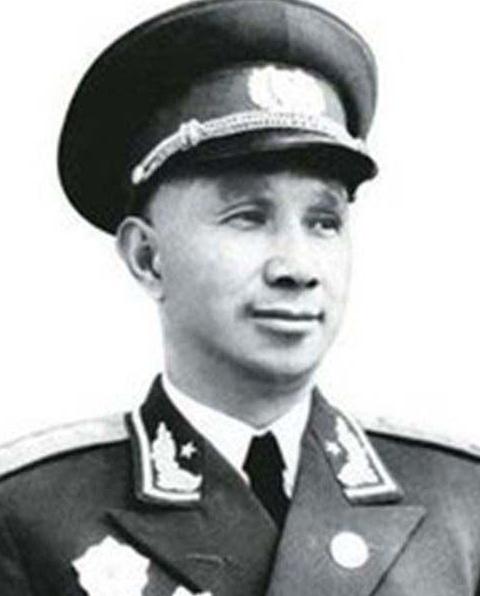History is the memory of things that have been said and done. —Carl Baker
Su Yu is definitely a god of war fighting in our army. For the command of war, he has superhuman wisdom and courage, rarely encounters opponents, and is invincible.
During the War of Resistance Against Japanese Aggression, Su Yu once won more with less, killing two lieutenant generals of the enemy's recalcitrant army and annihilating more than 10,000 enemy soldiers in the First World War.

This is the famous Battle of the Yellow Bridge.
The decisive battle at the Yellow Bridge was a war provoked by the diehards of the Kuomintang on their own initiative.
On October 1, 1940, the main force of the 89th Army and the independent 6th Brigade of han Deloitte, chairman of the Kuomintang Jiangsu Province, first launched an attack on the New Fourth Army, successively capturing Yingxi, Lujiaqiao, Jiejie, and Guxi, and rushing towards the outskirts of Huangqiao, the base center of the New Fourth Army.
Su Yu was then the deputy commander-in-chief of the New Fourth Army's Northern Jiangsu Command.
Seeing that the enemy was fierce, he immediately went to the front line of the Yellow Bridge to direct the battle. This time, both sides are in a fight and a decisive battle, which must be the "world" of northern Jiangsu. Su Yu did not act recklessly, however, and formulated a policy: "With the Yellow Bridge as the axis, take measures to lure the enemy's deep men to break through each one.", first, use the three columns as the garrison of the Yellow Bridge to attract the enemy army; second, use the first and second columns as the assault corps, carry out a fierce attack from behind the enemy's right side, and cooperate with the three columns to wipe out the enemy in front of the Yellow Bridge position.
The three columns of the New Fourth Army had only 7,000 men, but Han Deloitte's strength was as high as 15,000, and the strength of the enemy and us was two to one.
On the morning of October 4, the enemy's 6th Independent Brigade launched an attack north of the Yellow Bridge. When they were two or three miles away from the Yellow Bridge, they came down like fierce tigers, attacked in multiple ways, and cut them into several pieces. At about 6 p.m., the 6th Independent Brigade was completely annihilated.
Lieutenant General Onda, the commander of the 6th Independent Brigade, saw the defeat of the army and had no reason to explain it, so he had to commit suicide.
At the same time, the 33rd Division of the 89th Army launched an offensive from east of the Yellow Bridge. While holding their positions, the three columns launched an onslaught on the enemy. The second column took the opportunity to plunge straight to the east, detoured back to the enemy's flank, and cut off the retreat of the 33rd Division.
In the early morning of the next day, the two columns joined forces to completely annihilate the 33rd Division, and the enemy major general Sun Qiren was also captured alive.
After annihilating the 6th Independent Brigade and the 33rd Division, Su Yu ordered three columns to encircle the enemy's 89th Army headquarters and the 117th Division together.
By this time, Han Deloitte's plan to attack the Yellow Bridge had completely failed. In order to break through, the 89th Army dog jumped the wall and desperately resisted. The two sides engaged in seven hand-to-hand combat battles, and in the end, the 89th Army was still unable to break through, and the officers and men were annihilated. In the midst of the rush, the lieutenant general Li Shouwei had to flee for his life, and as a result, he ran north of the Yellow Bridge, and because of the tight pursuit of the soldiers, he lost his foot in panic and fell into the water of the eight-foot ditch, and was immediately swept away by the flood.
Before the war, he also threatened: "This time we will drive Su Yu to the Yangtze River to drink water." "As a result, I drank the river myself and drowned alive.
After this battle, Su Yu annihilated more than 11,000 enemy troops with 7,000 troops. The Battle of Huangqiao became a famous battle in the War of Resistance Against Japanese Aggression in which the New Fourth Army opposed the fight against civil war.